Simplifying Life Insurance in India
Infant Growth and Development Month by Month
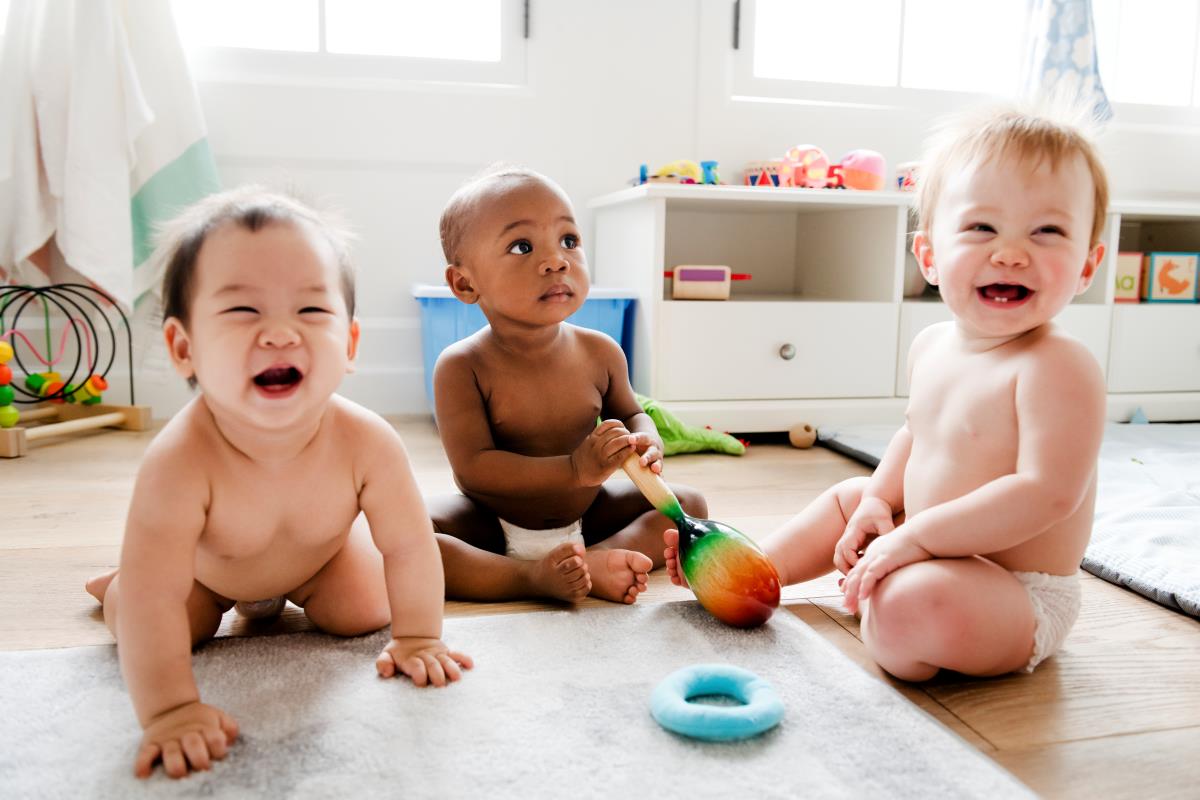
As a parent or caregiver, you must understand your infant's development to assist the baby in reaching growth and developmental milestones from infancy to early childhood. With every stage, beginning with the first smiles and continuing until the toddler's pretend play, comes its own changes and challenges.
Read on to learn about the incredible process of your child's development and see how you can help them along the way.

Table of Contents

What are Developmental Milestones?
Newborn and infant developmental milestones are essential in determining whether the baby is progressing in social, cognitive, communication, and motor skills. The evaluation exercises identify such milestones and help the parents and health care professionals monitor a child towards, so to speak, from the birth line.
These achievements, such as rattling objects and following movements, rolling, crawling and saying 'da-da', etc., are important in themselves and prepare the grounds for later accomplishments. Each child is unique, and so is their growth rate; hence, children attain these developmental milestones at slightly varied periods.
Types of Infant Developmental Milestones
1. Motor Skills (Physical Development)
Motor skills are one of the very first milestones an infant typically reaches. These achievements, or the lack thereof, are also the major indicators in case of any developmental issues. Two different types of motor skills include:
- Gross Motor Skills: Involves large muscle groups and includes activities like head control, turning, sitting, creeping and later, standing and walking
- Fine Motor Skills: Moves or uses small parts, such as hands, and includes reaching, moving objects from hand to hand, placing for other hands, pinching and pointing.
2. Social and Emotional Development
Social and emotional development addresses how babies relate to others and how they feel. They are essential for the infant's overall development.
- Attachment and Bonding: Encourages such behaviours as smiling at and gazing into the eyes of the caregiving parent.
- Social Interaction: Involves people's response to their persons in the faces such as familiar and engaged in making pocketing activities volunteer.
- Emotional Expression: Elicits such behaviours like laughing and distress, while more development is independence.
3. Cognitive Development
Cognitive development refers to how infants acquire comprehension while solving problems, appreciating the existence of objects, and interacting with the environment.
- Problem-Solving: An instinct for knowing things and a tendency to ask questions about the surroundings based on their already-known factors are learned and practised.
- Object Permanence: Realising that people or things can be out of sight but still be there if they follow the normal pattern within the eighth to twelfth-month period.
- Exploration: Order/disorder plays a vital role in manipulating objects, learning about making sense of various objects and toys, and developing problem-solving skills.
4. Language and Communication Development
Language and communication development focuses on how infants begin to make sounds, follow simple words, and respond to such verbal interaction. This develops in stages:
- Pre-Language Skills: Incorporates cooing, babbling and making sounds in response to other sounds.
- Verbal Communication: Making utterances of words and phrases, for instance, ‘mama’ and ‘dada’ for their parents.
- Understanding Language: Responding to their name and understanding basic instructions.
What is Baby Development?
Some people consider baby development to be walking, crawling, sitting up, interacting with a caregiver, etc. However, infant development is the change in physical, mental, emotional, and social characteristics or structures in a toddler from birth to about three years.
This includes meeting milestones, including the art of rolling, gaining the sitting position, mobility in walking, and speech development. The order and timing of achievement changes differ from baby to baby. However, such changes are monitored so that a child develops fairly and is assisted with the right intervention if any difficulties or issues arise.
What are the Stages of Infant Development?
1. Newborn (0-2 months)
While in this stage of development, babies remain primarily focused on the most basic of all needs: eating, sleeping, and being kept warm. Mostly sucking, grasping, and rooting reflexes come in handy for infants as they explore their surroundings. In this 0-2 months age range, infants also begin developing sleep patterns and can visually track objects up to close distance.2. Infant (2-6 months)
During this time, babies have improved head control and are beginning to develop motor skills, such as rolling. Some infants can be supported and start to sit. They also begin to be more active by reaching out for toys. There are more social smiles, and these infants also begin to make some noises as a precursor for their language.3. Older Infant (6-12 months)
A baby at this stage sits independently, begins crawling and pulls to stand. Occupying babies at this stage does cause them to take part in games, for instance, looking at a peep and saying peek-a-boo; they also start making simple words like mama and dada. They become active and engage in probing about seeking new things.4. Toddler (12-24 months)
Within this age limit, children understand how to walk unassisted, climb, and, in gentle cases, run. Language development occurs as their vocabulary increases, and they begin to create two words and more sentences, which is critical. This, too, is a period of development wherein they commence interacting with other children's games.5. Early Preschool (2-3 years)
At early preschool ages, movement within the vertical space includes running, jumping, and cycling on a tricycle, thanks to better balance. They are more capable of producing long sentences and acting according to what is being said. It's almost as if they carry "pretend play" in their pocket every moment of the day and begin to want friends.Newborn Milestones Month by Month
1 Month Old Infant Milestones
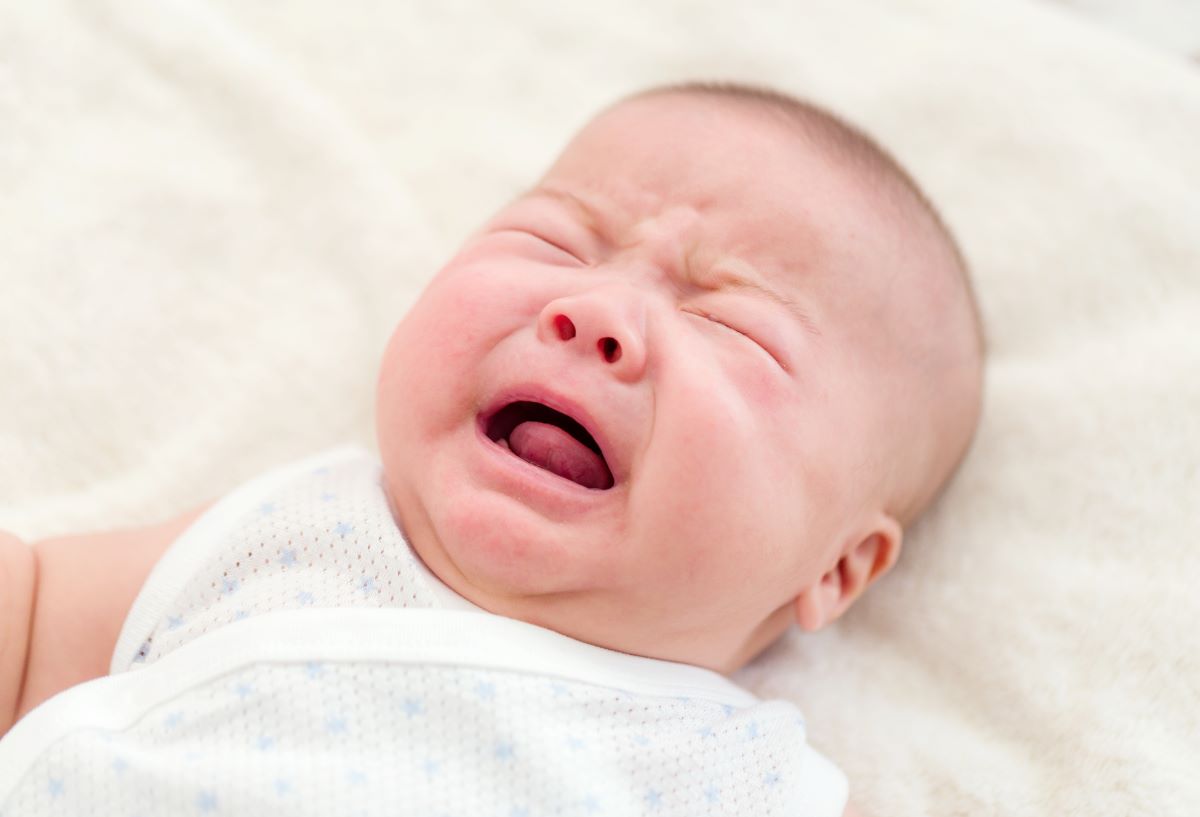
2 Month Old Infant Milestones
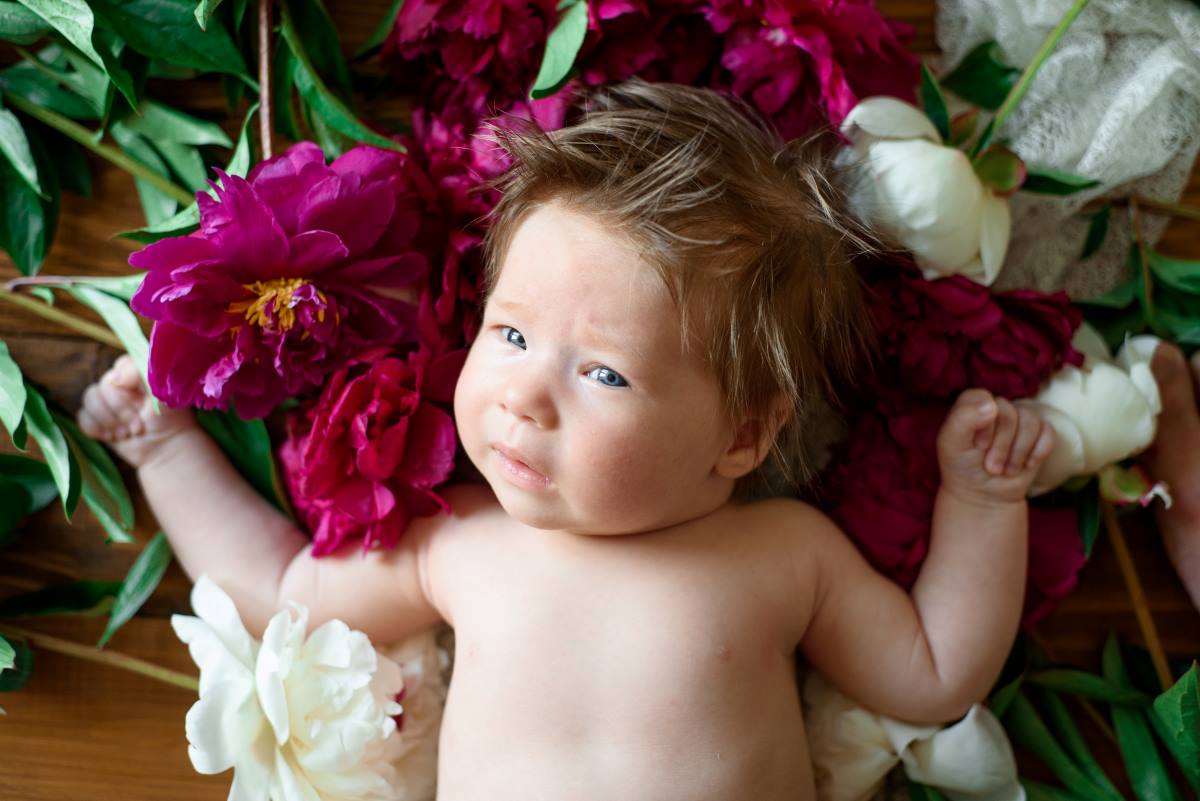
3 Month Old Infant Milestones

4 Month Old Infant Milestones
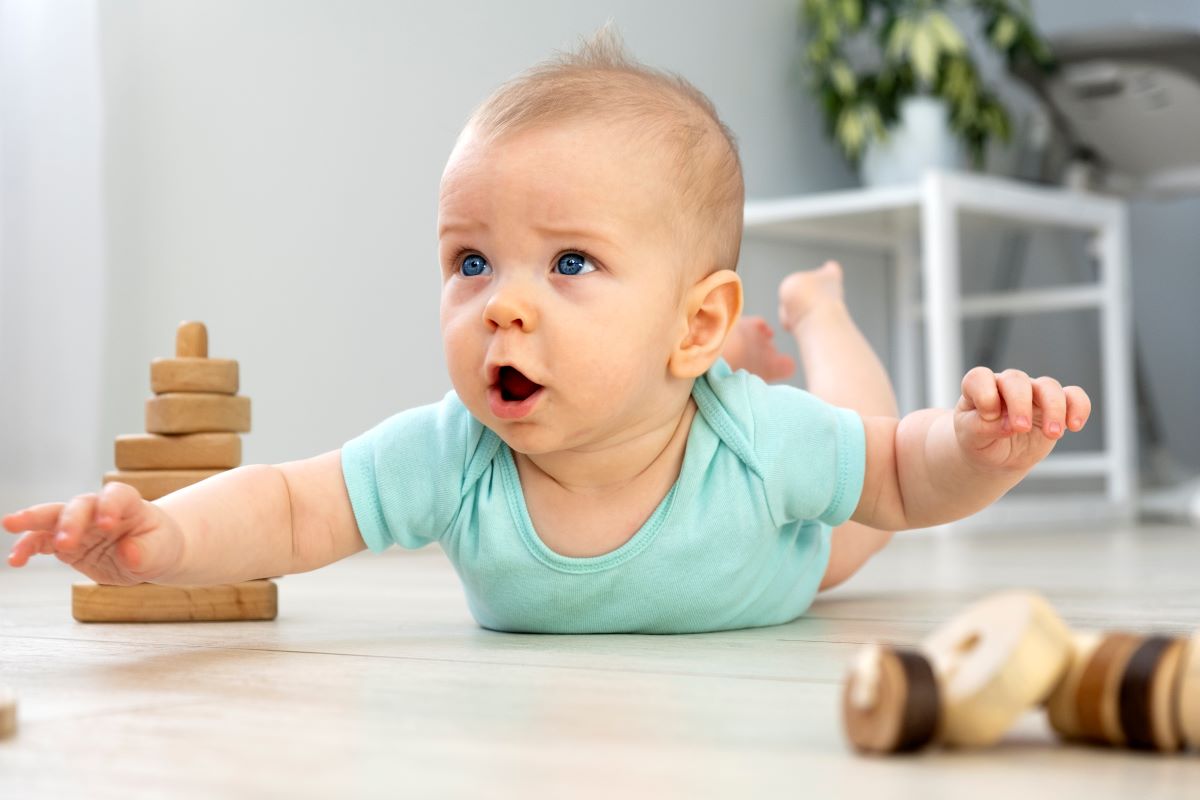
5 Month Old Infant Milestones
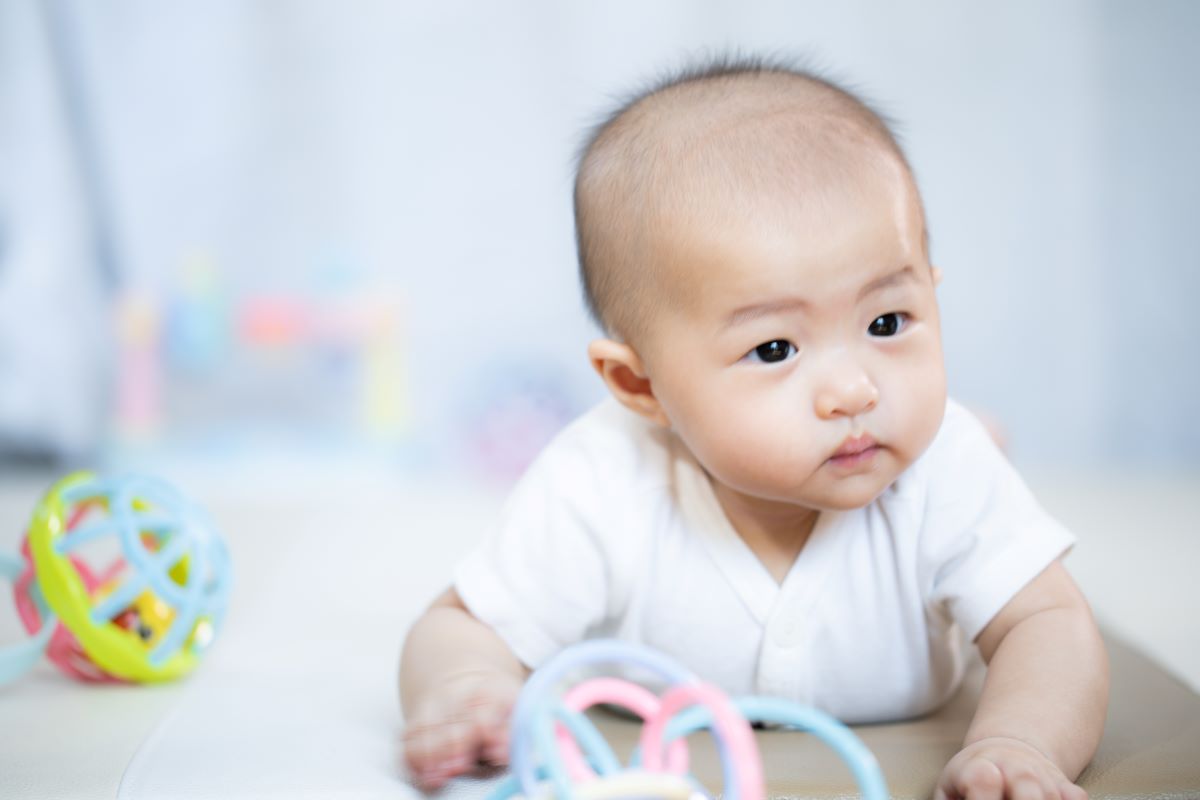
6 Month Old Infant Milestones
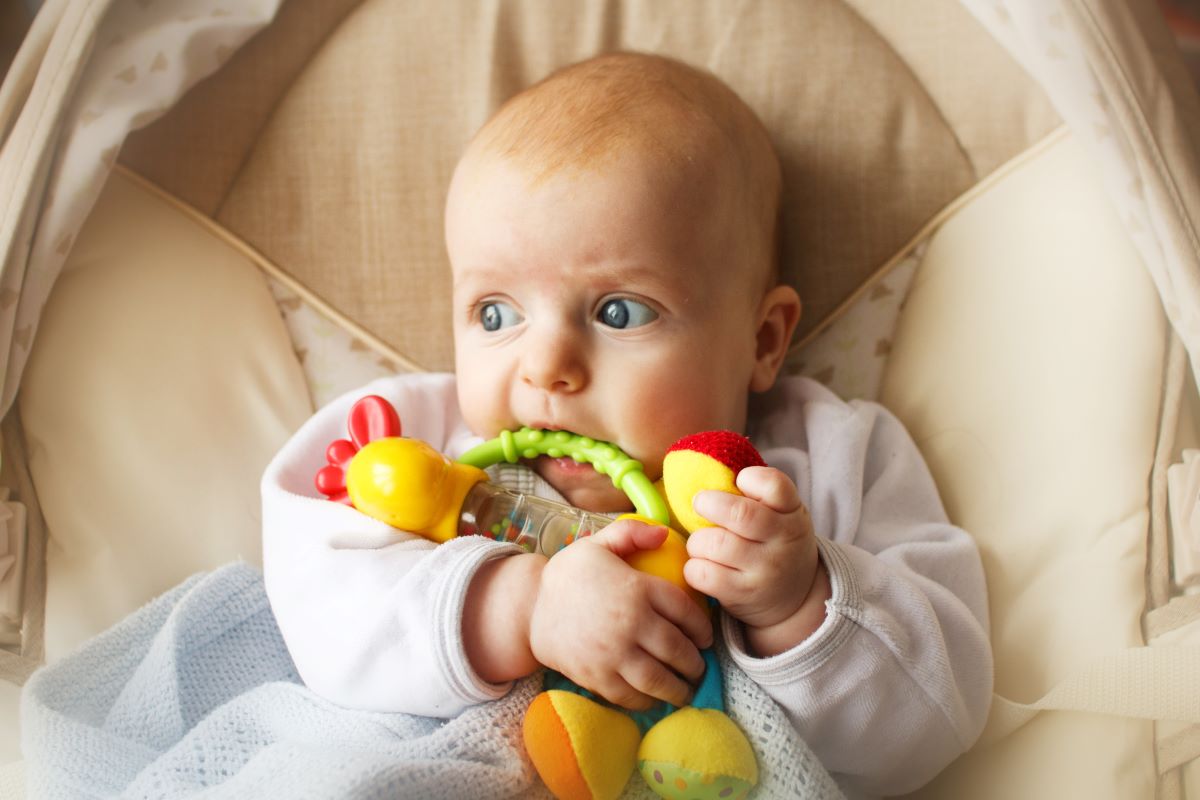
7 Month Old Infant Milestones
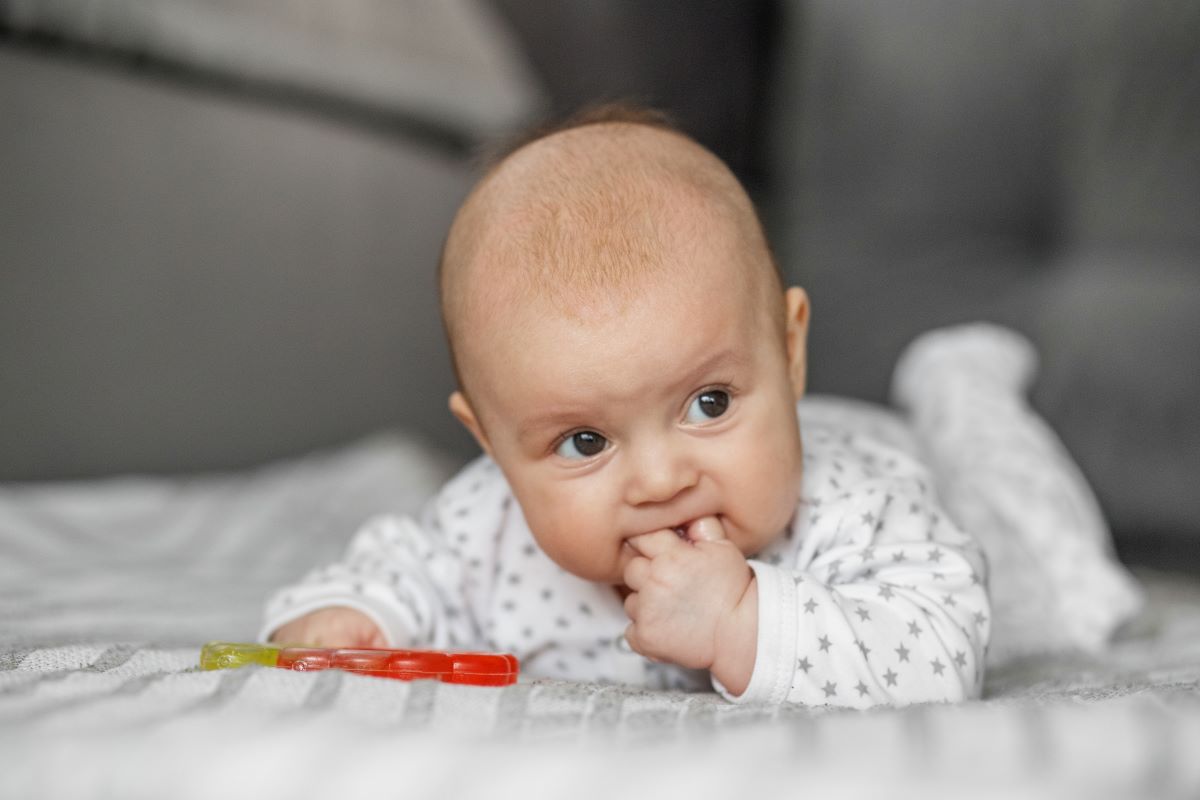
8 Month Old Infant Milestones
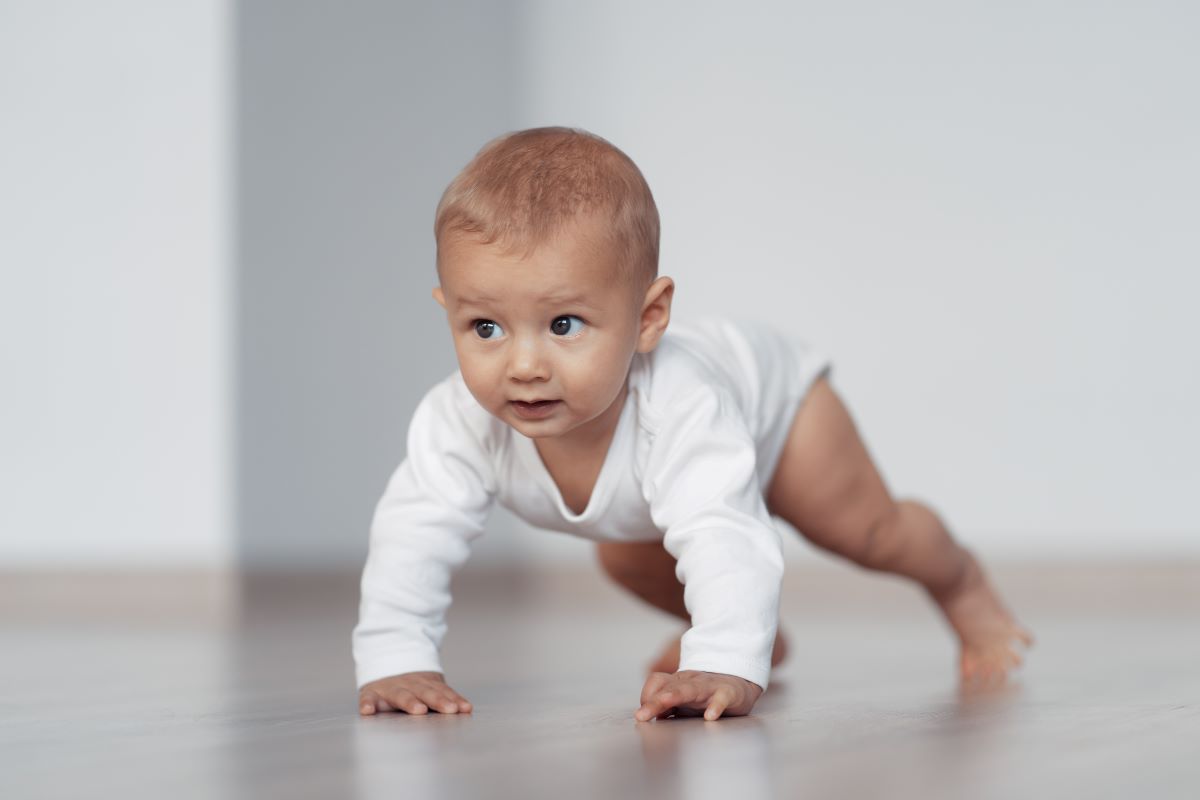
9 Month Old Infant Milestones
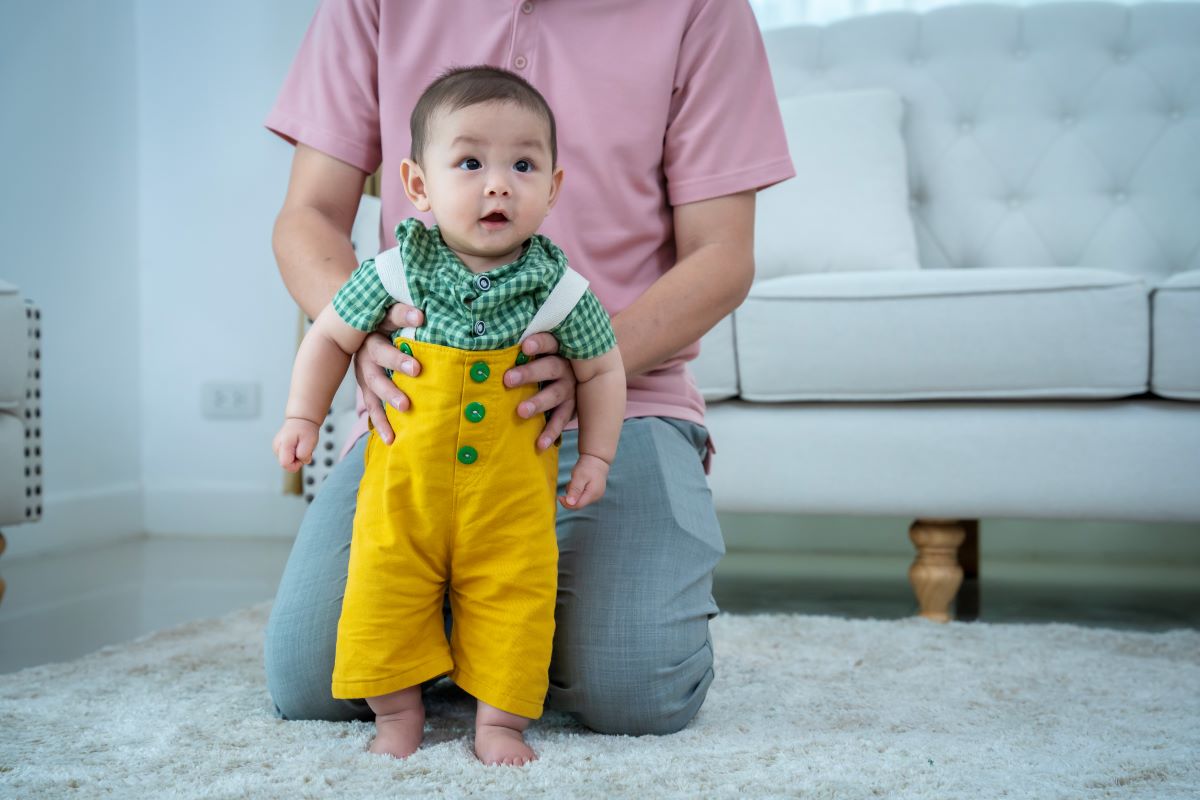
10 Month Old Infant Milestones
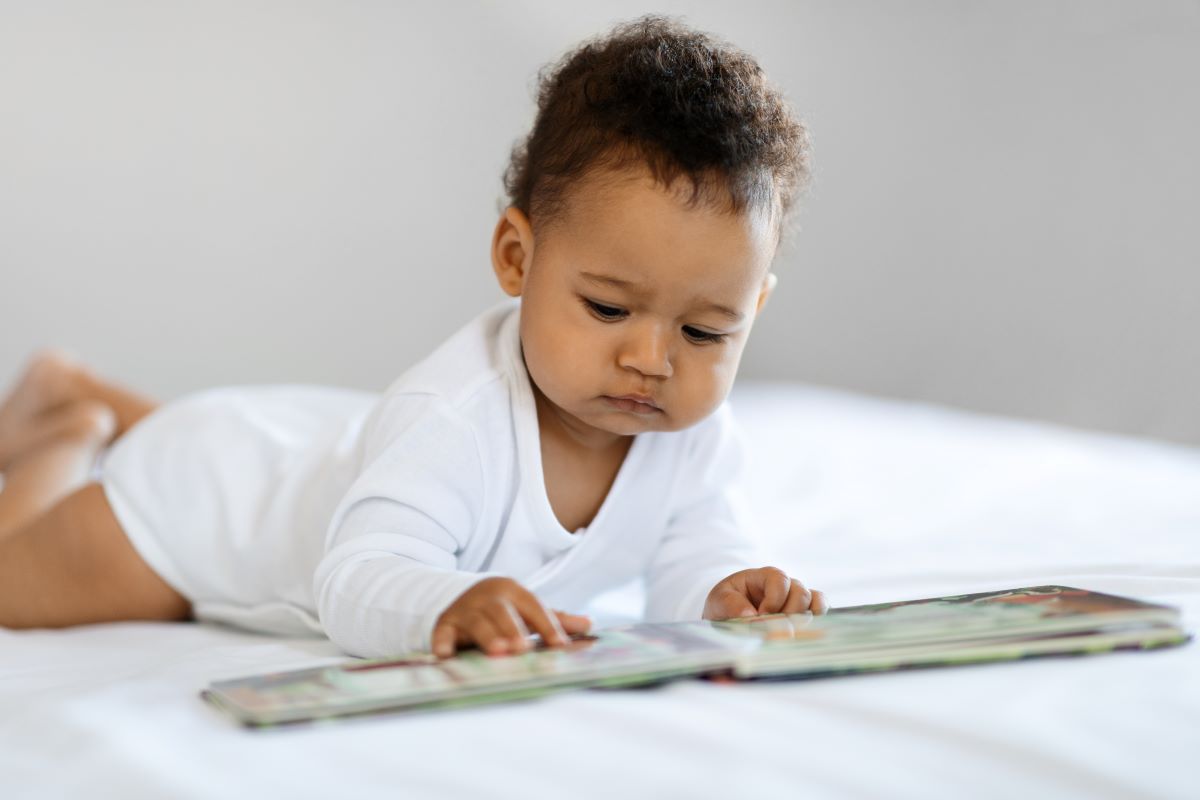
11 Month Old Infant Milestones

Baby Development Milestones Year by Year
1 Year Old Baby Milestones (12 to 24 months)
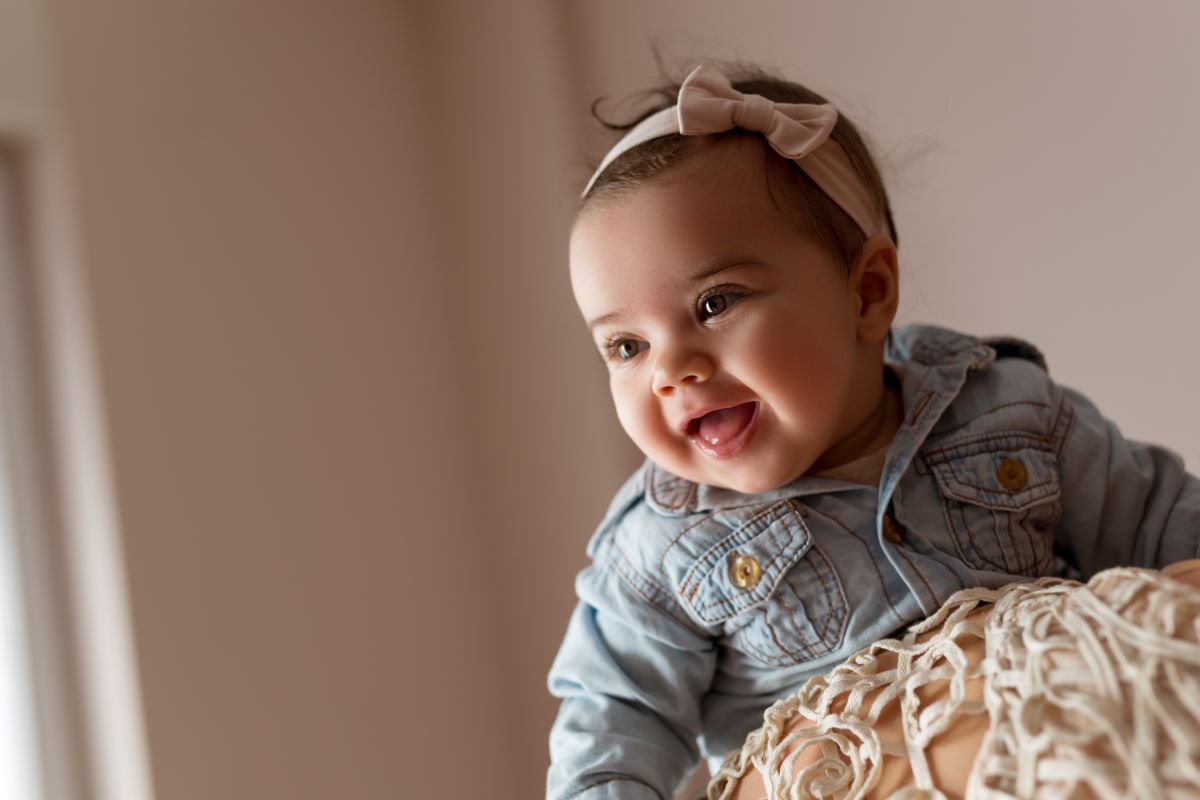
Also Read:
- 12-Month-Old Developmental Milestones
- 13-Month-Old Developmental Milestones
- 14-Month-Old Developmental Milestones
- 15-Month-Old Developmental Milestones
- 16-Month-Old Developmental Milestones
- 17-Month-Old Developmental Milestones
- 18-Month-Old Developmental Milestones
- 19-Month-Old Developmental Milestones
- 20-Month-Old Developmental Milestones
- 21-Month-Old Developmental Milestones
- 22-Month-Old Developmental Milestones
- 23-Month-Old Developmental Milestones
2 Year Old Baby Milestones (24 to 36 months)
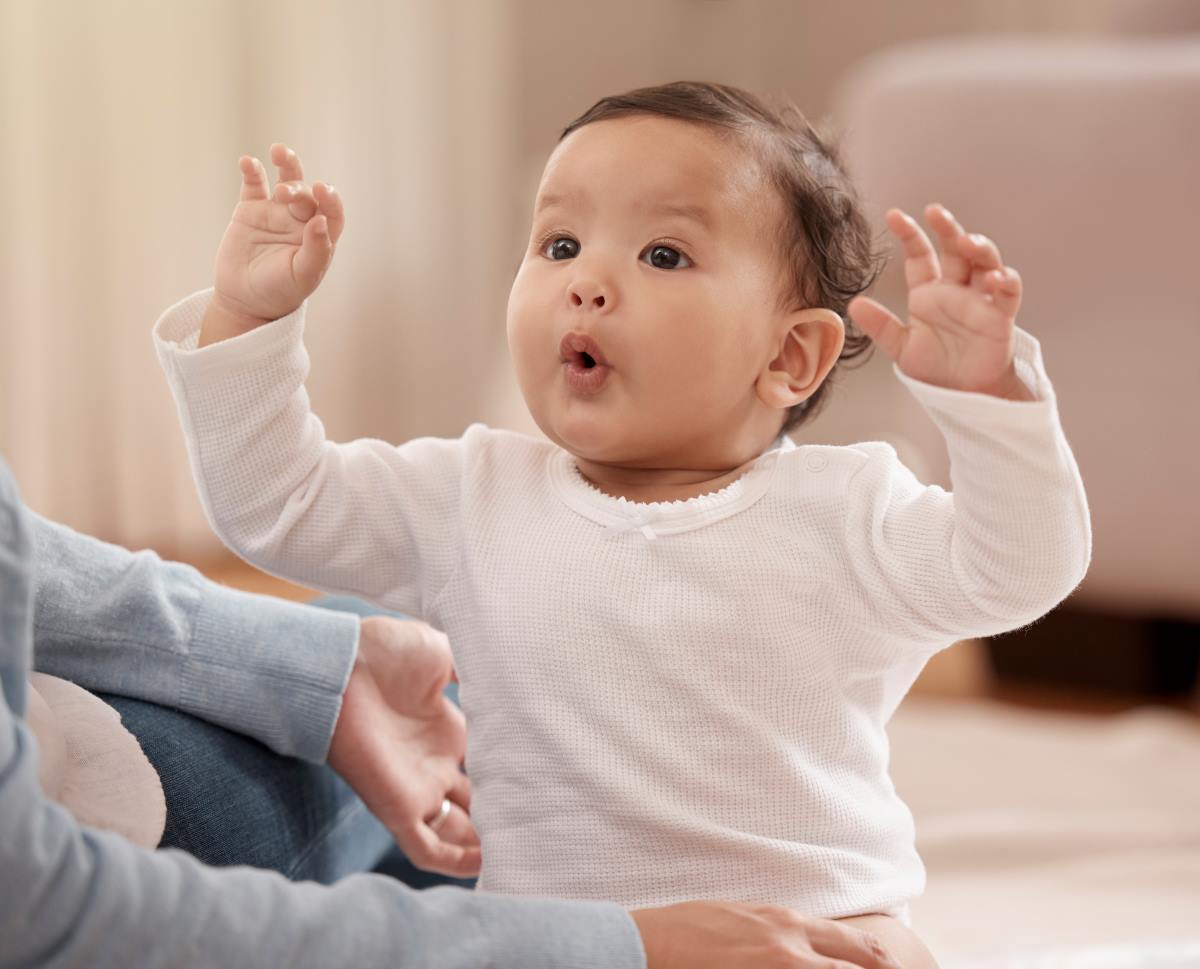
3 Year Old Baby Milestones (36 to 48 months)
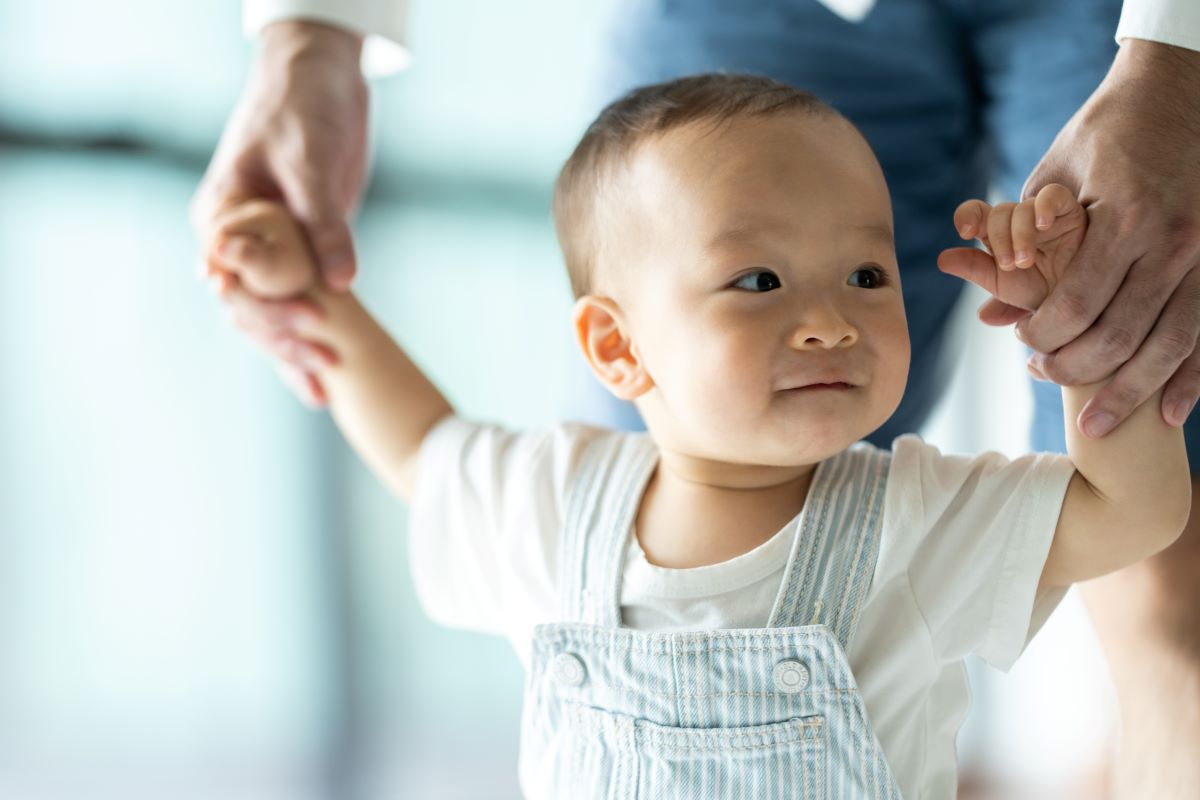
Savings & Protection Options for Your Child
When Should Your Baby Get Checkups?
You must take your baby to timely checkups, also referred to as well-baby visits, which will help monitor the child's growth and development, in this case, a baby. This supervision includes:
- The initial examination, which is done soon after birth, visits in the first month, two months, four months, and six months, and then there are additional visits at nine and twelve months, respectively.
- In the second year, the child is advised to be brought back to the health care provider within the 15, 18, and 24-month period.
They will usually include an overall assessment of the babies’ health, documents detailing the babies’ milestones in relation to the immunisation schedule and questions concerning the infants’ nutrition, sleep and irritability patterns that will be done during the appointment.
These checkup appointments assist you in ensuring that your baby is in a healthy condition and developing as they are supposed to be.
What to Do if Your Baby Misses Developmental Milestones?
1. Reach out to a Paediatrician
If your child is not achieving some of the essential key development stages, it is crucial that you see your child’s doctor regarding it.2. Immediate Attention
The amount of time between corrective strategies or programs being implemented should be short so that the child will benefit from the assistance.3. Stay Informed
Observe the child’s development and note any further advances. Check milestones to ensure that progress continues.4. Provide Stimulation
Create opportunities for physical activity, socialisation, and essential development by engaging in growth-promoting activities.5. Take it Easy
Each child has a growth rate. Slight deviations from an expected milestone do not necessarily spell disaster.6. Schedule Routine Developmental Assessments
Talk to your doctor about developmental assessments to see how your baby is developing.7. Get Other Help
If you experience delays in specific aspects, your doctor may direct you to specialists, including speech therapists and physiotherapists.8. Be Prepared
You should still shower your child with love, nurturing, and learning opportunities without the added pressure of them achieving developmental milestones.FAQs about Infant Developmental Milestones
When should I expect my baby to roll over?
At what age should my baby start sitting up?
When do babies typically begin crawling?
What should I do if my baby isn’t making eye contact?
When do babies start babbling and making sounds?
When should I be concerned if my baby isn’t walking?
How can I help my baby reach their developmental milestones?
When should I start introducing solid foods to my baby?
What are signs that my baby might be experiencing a developmental delay?
When should I be worried if my baby isn’t talking?
How often should my baby have checkups to monitor their development?
What are some activities I can do to support my baby’s development?
What is a red flag in child development?
What are the baby milestones in order?
- Newborn: Lifts head briefly, focuses on faces, and responds to touch.
- Month 1: Smiles reflexively, starts cooing, and tracks objects.
- Month 2: Lifts head and chest, follow moving objects, recognises faces.
- Month 3: Pushes up on arms, begins babbling, social smiles.
- Month 4: Rolls over, grasps toys, laughs out loud.
- Month 5: Sits with support, transfers objects, responds to name.
- Month 6: Sits without support, begins crawling, babbles.
- Month 7: Crawls, pulls up to stand, understands cause and effect.
- Month 8: Cruises while holding on, uses gestures, and understands commands.
- Month 9: Stands holding on, points, and plays simple games.
- Month 10: Walk with support; say “mama” or “dada” specifically.
When can a baby hold its head up?
Can babies skip milestones?
Is walking too early bad for babies?
Important Articles about Infant Developmental Milestones














